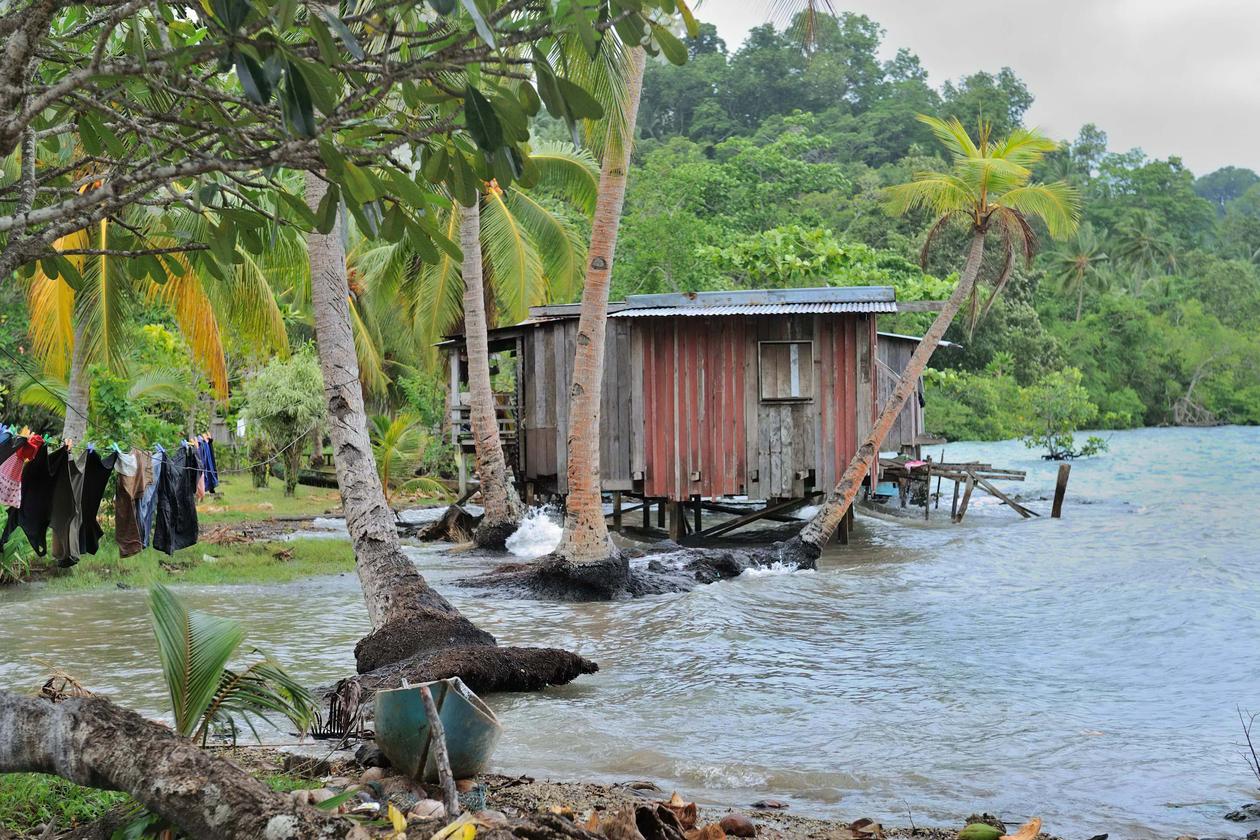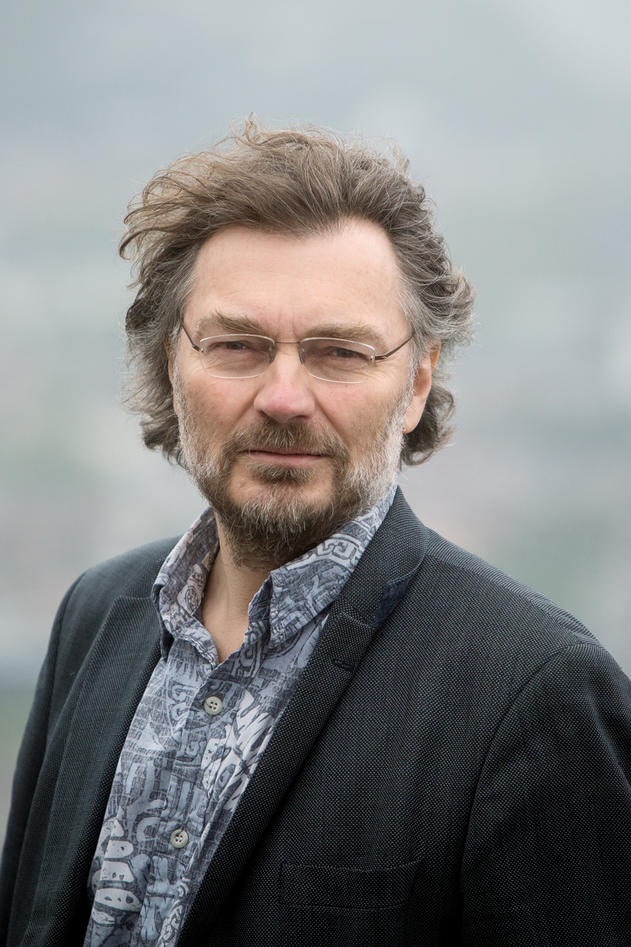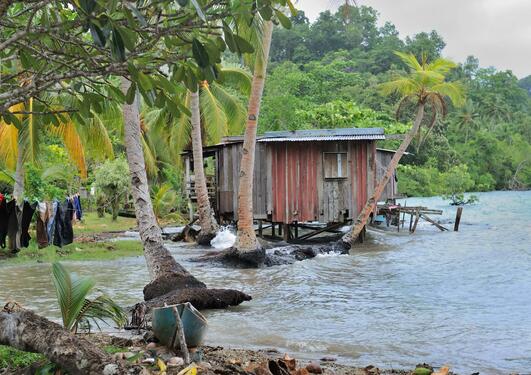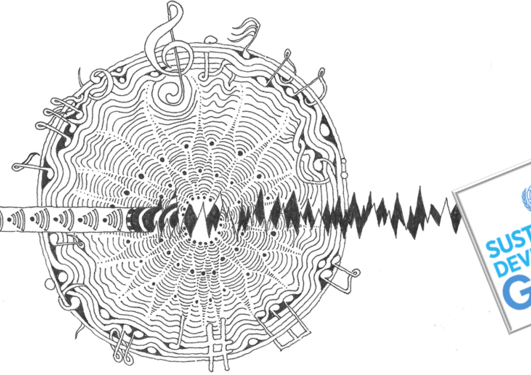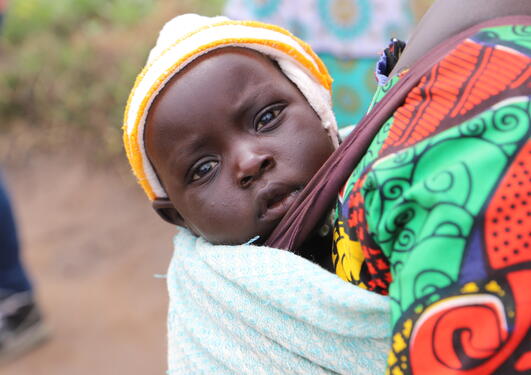Ocean, Climate, Society: Instabilities and Mobilities on the Climate Change Frontline
This interdisciplinary course addresses global challenges at the heart of the 2030 Agenda, with the interconnections of SDG 13 (Climate Action) and SDG 14 (Life Under Water) at its core, while also drawing in the majority of SDGs through a focus on the effects of climate change in frontline locations.
Hovedinnhold
Course leader
Edvard Hviding, Professor of Social Anthropology at the University of Bergen, and the founding director of the Bergen Pacific Studies Research Group. He is also an Honorary Adjunct Professor of Pacific Studies at the University of the South Pacific in Suva, Fiji.
Lecturers (provisional)
Edvard Hviding (Course Leader, professor of anthropology), University of Bergen
Camilla Borrevik (PhD in the anthropology of climate diplomacy), University of Bergen
Maxine Burkett (professor of law), University of Hawai’i
Peter Haugan (professor of oceanography), Institute of Marine Research and UiB
Kikki Kleiven (associate professor of paleoceanography), University of Bergen
Ernst Nordtveit (professor of law), University of Bergen
Jennifer Telesca (assistant professor of environmental justice), Pratt Institute
The course draws on anthropology, climate science, international law and political science, and takes its departure at one of the frontlines: the Pacific Ocean, where low-lying island nations have their sovereignty threatened by sea level rise. For Pacific islanders, climate change is no future challenge: for them, future is today, as extreme weather becomes normal and lands are flooded. Instabilities on levels of human settlement, national economies, statehood and citizenship generate a situation at the ocean frontline not documented historically: entire nations risk the loss of their land and sea territories.
Grounded in the University of Bergen-based project Mare Nullius and its international network of scholars and diplomats, the course includes dialogues with Arctic-based climate-and-ocean research ongoing at UiB. Lectures by researchers who are also advisers and activists in Pacific ocean and climate diplomacy will interact with cross-regional panel discussions and the participation of students drawing on their own experiences.
Learning outcomes
From this course, students should learn and know:
- How the effects of climate change on the ocean cause unprecedented consequences for human life and security worldwide
- How the study of geographically specific "frontlines" of climate change can generate globally relevant insights
- How interconnections among all the 17 Sustainable Development Goals can be explored from the vantage point of critical relationships between two central SDGs (13, Climate Action – and 14, Life Under Water)
- How interdisciplinarity is generated through research partnerships focused on a particular multidisciplinary problem
- How research-based knowledge can contribute to urgent diplomacy and policy-making
- How the 2030 Agenda interacts with science.
Edvard Hviding is Professor of Social Anthropology at the University of Bergen, founding director of the Bergen Pacific Studies Research Group, and director of the SDG Bergen Task Force. He is PI of the project Mare Nullius? Sea-level Rise and Maritime Sovereignties in the Pacific – An Expanded Anthropology of Climate Change. His research in the Pacific has been ongoing since 1986, with more than five years of field research mainly in Solomon Islands. He is currently engaged in high-level science advice for the ocean and climate diplomacy of the Pacific Islands states and organisations, at the UN and regionally.
